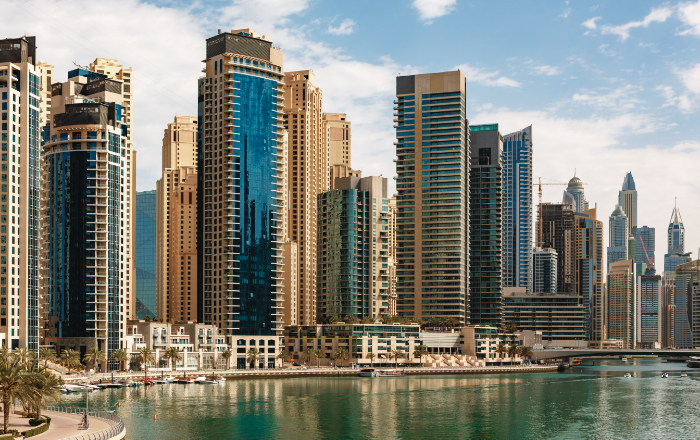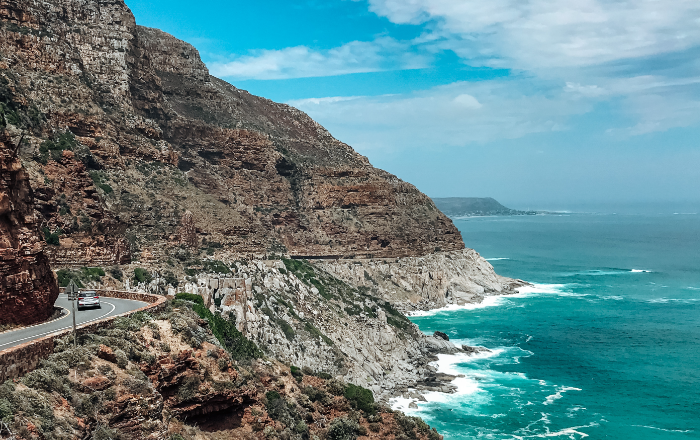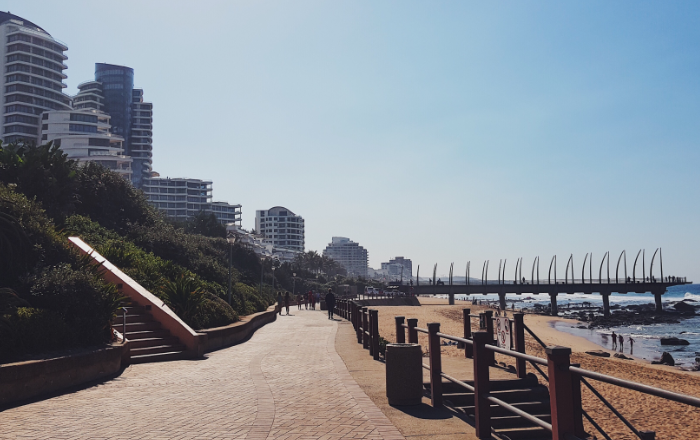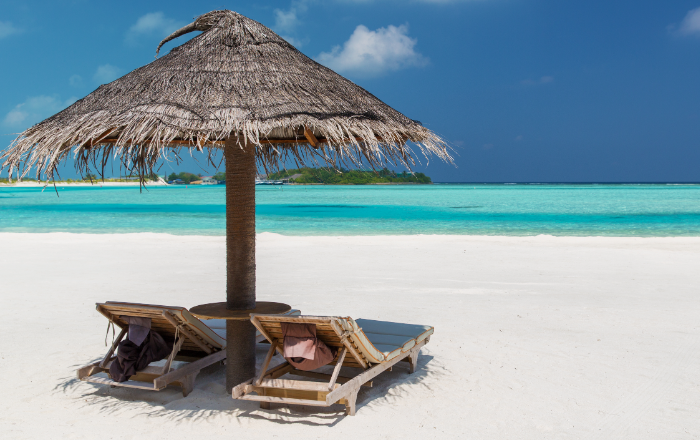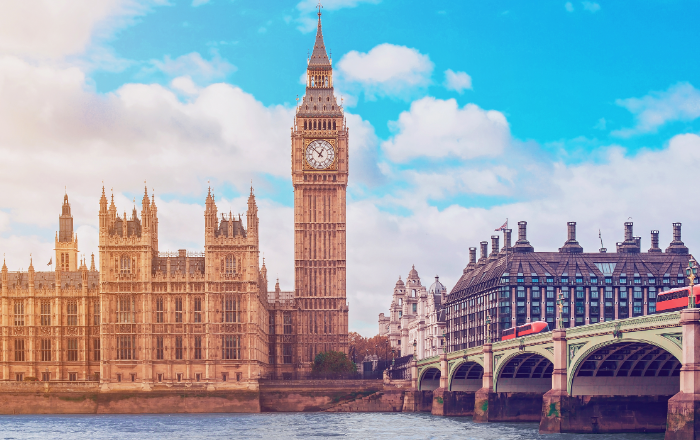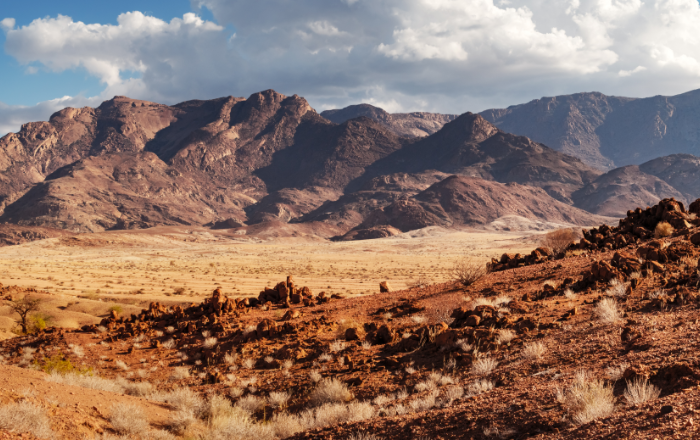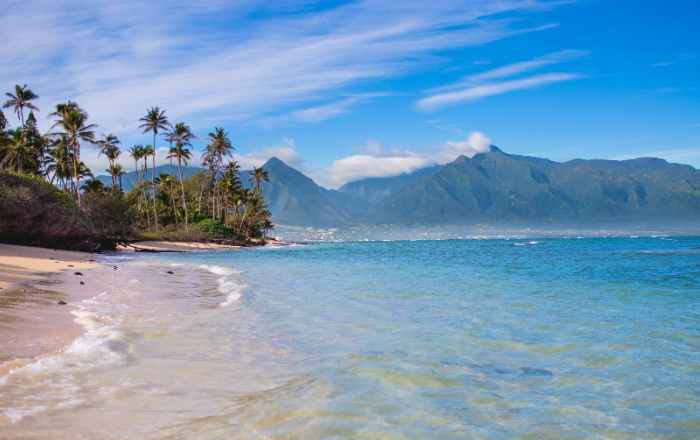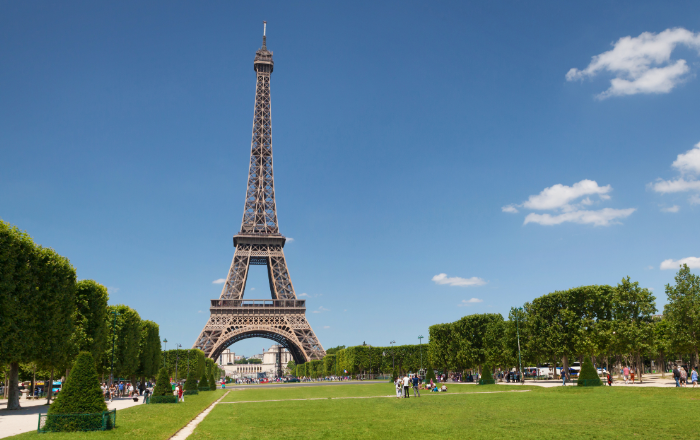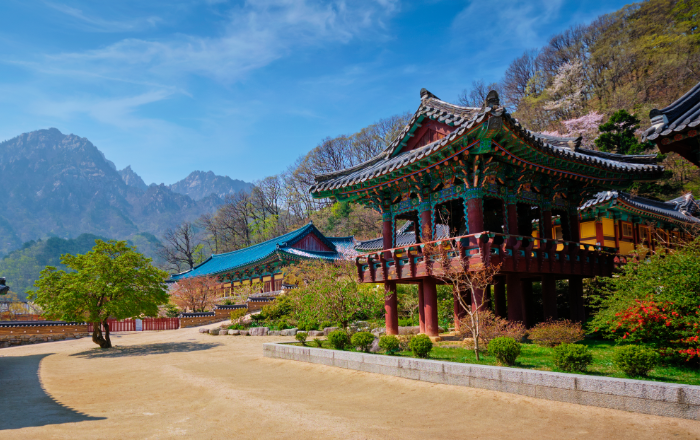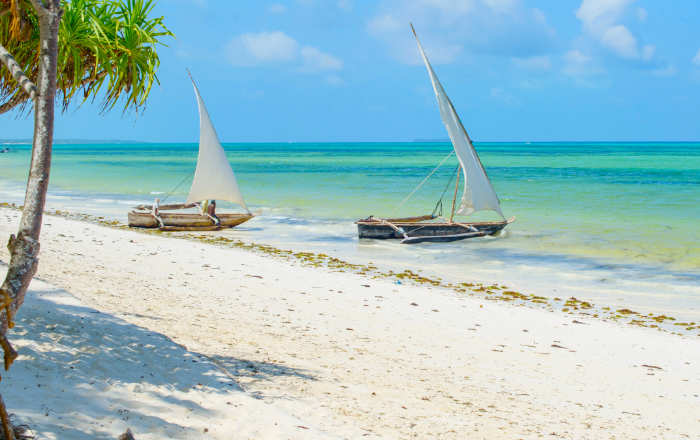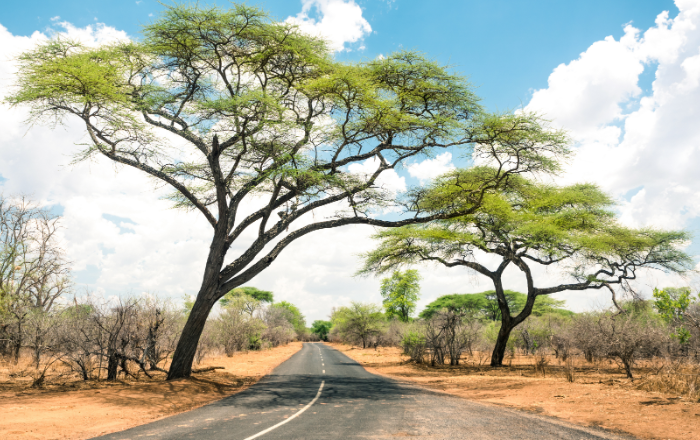Flight tickets from Bloemfontein to Lagos
Lagos is one of the largest and most vibrant cities in all of Africa. It’s a place of bustling markets, vibrant nightlife, and stunning coastal beauty. It's also home to some of Africa’s most famous cultural attractions, from traditional markets to modern theaters. In this article, we’ll explore all the incredible things you can experience in this exciting city.
Getting to Know Lagos
Lagos is the most populous city in Nigeria and is situated in the south-western region of the country. As at 2016, its population was estimated at 21 million, making it one of the largest cities in Africa. Lagos operates within the West Africa Time Zone, which is UTC +1. Languages spoken in Lagos include English, Yoruba and pidgin. English is the official language of the country and is widely spoken in the capital, Lagos. The official currency of Nigeria is the Nigerian Naira (NGN). The exchange rate is subject to fluctuations and can be found on the official website of the Central Bank of Nigeria.
Climate and Weather
The climate of Lagos is tropical, with high humidity levels throughout the year. Lagos experiences two distinct seasons—a wet season from March to October, and a dry season from November to March. The wet season is characterized by heavy rains, and the humidity levels reach their peak, with a consistent average rainfall of 1600mm. The dry season is generally cooler and less humid. The driest months occur between December and February, when the relative humidity drops to around 55%. Temperatures typically remain steady throughout the year, ranging from a high of 33°C in March to 25°C in August and the minimum temperature usually averages around 22°C. The closest city to the Atlantic Ocean, Lagos experiences oceanic influences that aid in cooling the city. The tilt of the Earth has a direct influence on the climate in Lagos, with the hottest temperatures occurring during the summer months, and cooler temperatures during the winter.
Touring Lagos: Airport and Transportation
There are two airports in Lagos: Murtala Muhammed International Airport (LOS) and Akanu Ibiam International Airport (ENU). You can take a taxi or an Uber to get from the main (Murtala Muhammed International Airport) to downtown Lagos. Depending on the time of day and distance, the cost could range anywhere from 500-2500 Nigerian Naira ($1.40-$7 USD). Yes, you can change money at Lagos airport. Both the Murtala Muhammed International Airport and the Akanu Ibiam International Airport have exchange bureaus located inside the terminals.
Exploring the Rich History and Culture of Lagos
- Lagos is a vibrant city with a rich history of Yoruba and Portuguese cultures; it is home to a variety of art galleries, museums, and markets
- A traditional form of music called Juju was developed in Lagos and its surrounding area in the early 20th century. It is still a popular form of music today
- Lagos has become increasingly important for its contemporary art, fashion, and food scene, as well as for its unique blend of African and international culture
Check the weather before buying a ticket from Bloemfontein to Lagos
Q&As for booking flights from Bloemfontein to Lagos
How long is the flight from Bloemfontein to Lagos?
There is no direct flight from Bloemfontein Airport to Murtala Muhammed International Airport. The quickest flight takes 13h 25m and has one stopover.
How far is the flight from Bloemfontein to Lagos?
The flight from Bloemfontein to Lagos is approximately 5 hours and 30 minutes.
Which airlines fly direct from Bloemfontein to Lagos?
There are no direct flights from Bloemfontein to Lagos.
How many airports are there in Lagos and what are their official names.
There are two main airports in Lagos: Murtala Muhammed International Airport (MMIA) and Lagos Domestic Airport.
How many flights are there a week from Bloemfontein to Lagos?
There are four flights a week from Bloemfontein to Lagos.
When is the cheapest time to buy a ticket from Bloemfontein to Lagos?
The cheapest time to buy a ticket from Bloemfontein to Lagos is when you can find a lower price in the market.
How can i get from the main airport to downtown in Lagos and how much does it cost?
From the Murtala Muhammed International Airport, travelers can take a bus, taxi, or shuttle to get into the city. The cost will depend on which mode of transportation is chosen.
